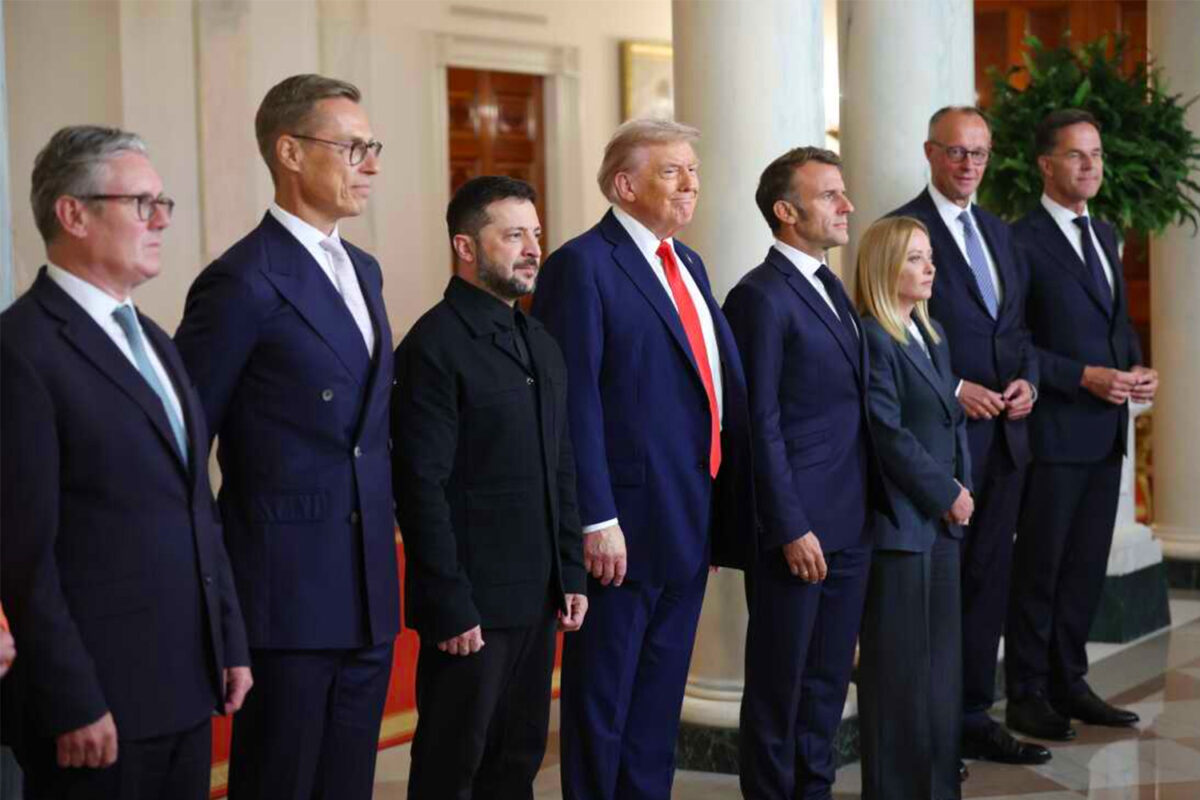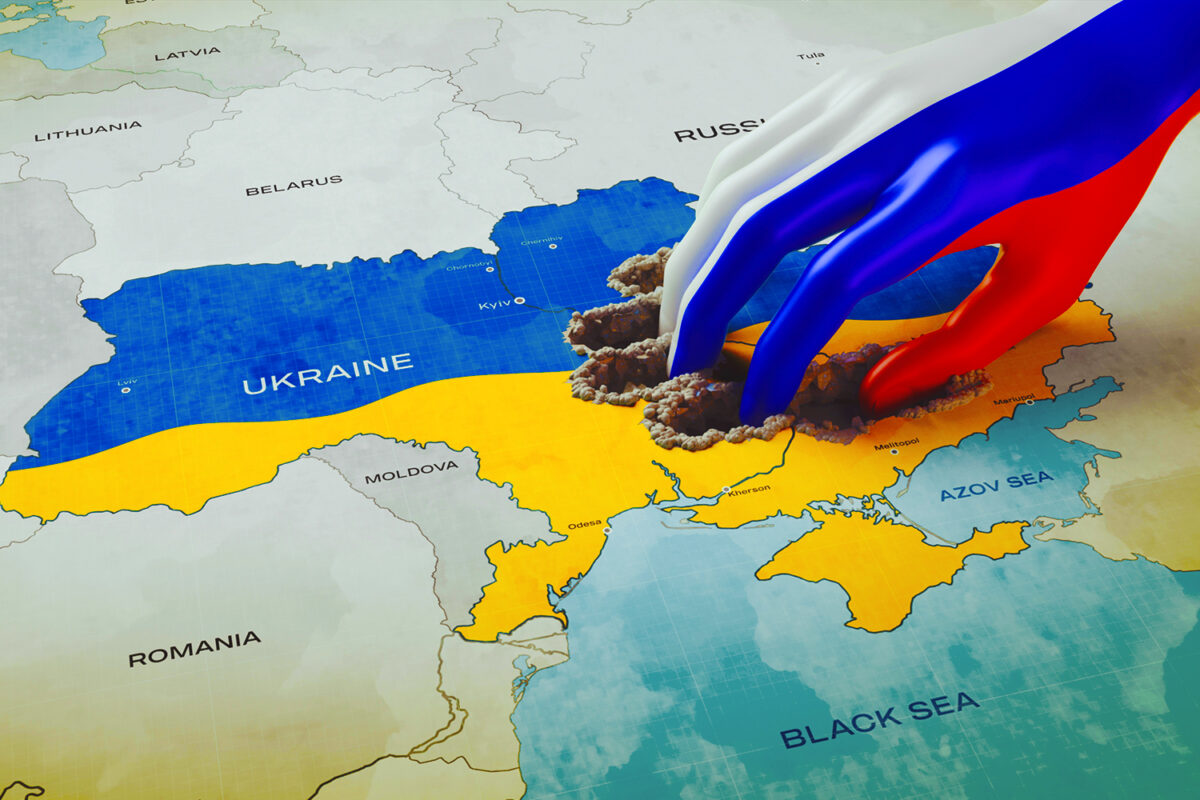By Adnan Khan
Turkey’s ruling Justice and Development Party (AKP) lost its majority in the parliamentary election s on June 7, after spending more than a decade in power with a significant majority. The AKP was looking to increase its majority by another 3 seats, which were needed for a two thirds majority, enough to make constitutional amendments, which included turning the country into a presidential republic. As the dust settled the AKP performance was far worse, it lost over 50 seats, falling 18 seats short of a simple majority. It will now need to navigate some type of coalition government, or even form a minority government. The AKP’s grip on the domestic political scene was central to the AKP’s many reforms and regional and global expansion, this grip has now been loosened. There were several factors that led to the decline in AKP popularity, each representing a growing trend, which the AKP and Erdogan will have to tackle if they have any hope of turning this electoral result into a temporary setback.
s on June 7, after spending more than a decade in power with a significant majority. The AKP was looking to increase its majority by another 3 seats, which were needed for a two thirds majority, enough to make constitutional amendments, which included turning the country into a presidential republic. As the dust settled the AKP performance was far worse, it lost over 50 seats, falling 18 seats short of a simple majority. It will now need to navigate some type of coalition government, or even form a minority government. The AKP’s grip on the domestic political scene was central to the AKP’s many reforms and regional and global expansion, this grip has now been loosened. There were several factors that led to the decline in AKP popularity, each representing a growing trend, which the AKP and Erdogan will have to tackle if they have any hope of turning this electoral result into a temporary setback.
The major outcome from the election was the emergence of the pro-Kurdish Peoples Democratic Party (HDP) which was able to overcome the notoriously tough 10% threshold to win dozens of seats, a threshold that was set in the 1980 constitution to keep them out of power. “We, as the oppressed people of Turkey who want justice, peace and freedom, have achieved a tremendous victory today,” Selahattin Demirtas leader of the HDP said in Istanbul. [1] In previous elections the Kurds who form 20% of Turkey’s population voted for the AKP as the reforms and resolution of the Kurdish issue appealed to them. But the peace process lost momentum due to other domestic priorities and as a result the Kurdish vote the AKP were courting to gain a two thirds majority all went to the pro-Kurdish HDP party as the country’s Kurds lost faith in Erdogan’s promises of reforms and peace. In fact the HDP was the most successful to capitalize on growing disapproval of Turkish President Recep Tayyip Erdogan.
The HDP, the largest Kurdish-dominated political bloc, only announced plans to contest the elections in January 2015 as a party rather than field independents as it has always done in the past. The reason being they always needed 10% of the votes, (in the Turkish system you lose any existing seats if you fall below this threshold), fielding independents got around this problem. As a result the HDP was able to broaden its appeal to non-Kurdish minorities and attracted both conservatives and liberal minded Turks. The party framed itself as a leftist movement for all Turks and boasted a diverse set of parliamentary candidates, including representatives of virtually all of Turkey’s major ethnic groups, a large number of women and the nation’s first openly gay candidate. The AKP party strategy, which saw Erdogan travel across the country focussed on slandering the other candidates and parties and was almost entirely focussed on highly polarising language. AKP’s strategy of focusing almost exclusively on conservative Anatolian voters, resulted in a small but significant proportion of the population voting against it[pullquote align=”right” color=”” class=”” cite=”” link=””]The AKP party strategy, which saw Erdogan travel across the country focussed on slandering the other candidates and parties and was almost entirely focussed on highly polarising language[/pullquote]
The AKP was attempting to use the peace process with the Kurds to gain their votes, but it didn’t just lose much of the Kurdish vote but even lost the nationalist vote, which went to the Nationalist Movement Party (MHP). The MHP is effectively a right–wing party and has stood against the peace process between the government and the outlawed Kurdistan Workers’ party (PKK), arguing that the Kurds need to accept the authority of the Turkish state. They promised to end all ongoing negotiations should they come to power. The MHP drew its support from mainly the countries non-Kurdish base and generated MPs in all major Turkish cities. With support for the peace process running at around 50% the MHP support base is the nearly 50% of the population who do not support peace with the Kurds. All that the AKP and Erdoğan could muster was criticism of Kurdish politicians, for the last few weeks, well aware that the MHP would be eating into its electorate base.
Turkey’s economic performance under Erdogan created a new middle class, a new business class and led to a raft of mega infrastructure projects that revitalised the economy. Only two years ago, the President of the World Bank, Jim Yong Kim, said: “Turkey’s economic achievements are an inspiration for many other developing countries.” [2] But behind the skyscrapers, super-fast trains and planned building projects, Turkey’s once flying economy has slowed down and many fear the growth and optimism of the 2000s are now in the past. Most of Turkey’s decade of prosperity was driven by credit expansion. High domestic interest rates attracted short-term foreign capital. That pushed up the value of the Turkish lira, making imports cheaper and sparking a boom in demand for foreign goods. But this growing demand was far in excess of what domestic industry could satisfy. Due to the global financial crisis that began in 2008 this foreign money Turkey became so reliant upon is drying up and Turkey needs to fund debts of £165 billion a year. [3] A deteriorating economy eroded the AKP’s image as the path to economic prosperity, thus eroding the AKP’s economic trump card, which it used as its ace card for the past decade.
The domestic status quo changed for Erdogan and the AKP on June 7th. For long Erdogan acted without regard for domestic political constraints, due to the AKP’s performance and successive electoral victories. Many media outlets reported it was Erdogan’s poisonous personality that lost the AKP its majority and without him they would have performed better. Whilst over the last decade economic growth, regional assertiveness and a peace process were seen as examples of Erdogan’s steel leadership, today these are viewed as liabilities. Debt driven growth has now caught up with the economy, the peace process with the Kurds led nationalists to turn to alternative parties and regional assertiveness is now seen through the lens of Syrian refugees turning up in Turkish cities. The AKP and Erdogan face a much constrained domestic political scene going forward, how this is navigated will confirm if June 7th is the beginning of the end for the AKP or just a minor setback.
[1] http://researchturkey.org/turkeys-debt-ridden-growth/ and http://blogs.ft.com/beyond-brics/2013/09/24/turkeys-short-term-debt-its-big-but-how-problematic/





